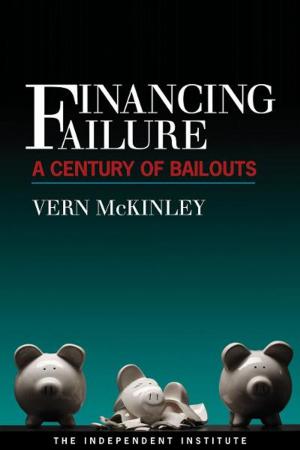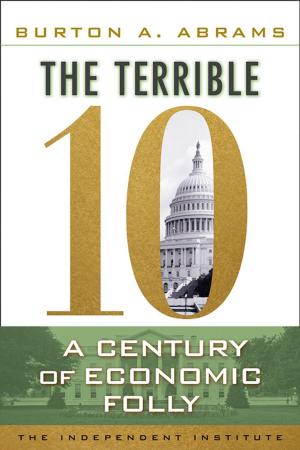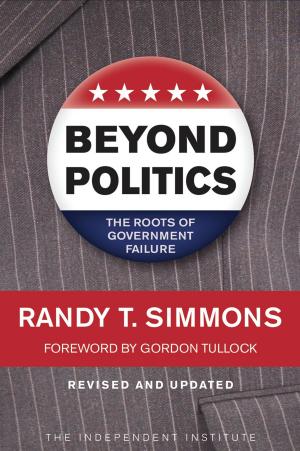Re-Thinking Green: Alternatives to Environmental Bureaucracy
Nonfiction, Social & Cultural Studies, Political Science, Government, Social Policy, Science & Nature, Science, Biological Sciences, Environmental Science| Author: | ISBN: | 9781598131024 | |
| Publisher: | Independent Institute | Publication: | July 15, 2005 |
| Imprint: | Independent Institute | Language: | English |
| Author: | |
| ISBN: | 9781598131024 |
| Publisher: | Independent Institute |
| Publication: | July 15, 2005 |
| Imprint: | Independent Institute |
| Language: | English |
Environmental quality has been a major public concern since the first Earth Day in 1970, yet the maze of environmental laws and regulations enacted since then has fostered huge government bureaucracies better known for waste and failure than for innovation and success.
Can we do better than this failed environmental bureaucracy? The noted contributors to this volume answer with a resounding "yes."
Re-Thinking Green exposes the myths that have contributed to failed environmental policies and proposes bold alternatives that recognize the power of incentives and the limitations of political and regulatory processes. It addresses some of the most hotly debated environmental issues and shows how entrepreneurship and property rights can be utilized to promote environmental quality and economic growth.
Re-Thinking Green will challenge readers with new paradigms for resolving environmental problems, stimulate discussion on how best to "humanize" environmental policy, and inspire policymakers to seek effective alternatives to environmental bureaucracy.
Environmental quality has been a major public concern since the first Earth Day in 1970, yet the maze of environmental laws and regulations enacted since then has fostered huge government bureaucracies better known for waste and failure than for innovation and success.
Can we do better than this failed environmental bureaucracy? The noted contributors to this volume answer with a resounding "yes."
Re-Thinking Green exposes the myths that have contributed to failed environmental policies and proposes bold alternatives that recognize the power of incentives and the limitations of political and regulatory processes. It addresses some of the most hotly debated environmental issues and shows how entrepreneurship and property rights can be utilized to promote environmental quality and economic growth.
Re-Thinking Green will challenge readers with new paradigms for resolving environmental problems, stimulate discussion on how best to "humanize" environmental policy, and inspire policymakers to seek effective alternatives to environmental bureaucracy.















